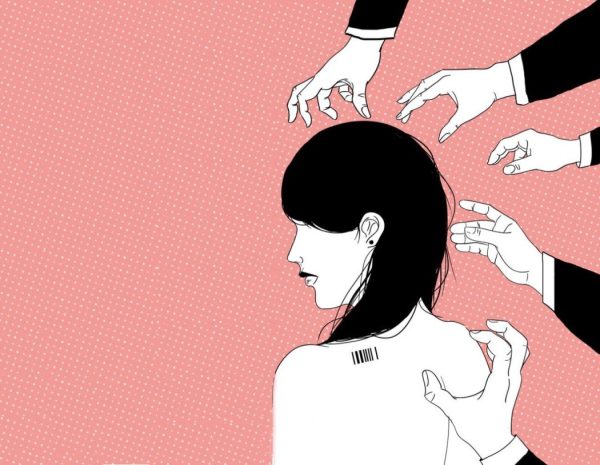Student stress is the fault of colleges’ high expectations, not high school classes
March 13, 2019
You come home after a long day of school around 4, you take a 30 minute break, do some homework, eat dinner, go to sports practice, take a shower, finish your homework, and study for a test. By the time you are done it is around 12 a.m. You have to wake up at 6 a.m. the next morning, meaning you are only going to get 6 hours of sleep.
While this schedule is made up, this is the reality that a lot of Viewpoint students face every night. Many students think they must choose between getting good grades and getting a good night’s rest.
When told about this problem, most adults usually respond with: “you’re overwhelming yourself, maybe reconsider some of your classes or extracurriculars.” However it’s not that simple.
Colleges seem to want superhuman kids who are balancing taking all AP classes while simultaneously running a philanthropic business and being captain of a varsity sports team. Where does a student find time to balance this crazy schedule? Through cutting time out of their sleep. Most students are willing to become sleep deprived and caffeine-dependent if it allows them to have an impressive resume in order to impress colleges.
The solution to this problem is not an easy one. With Viewpoint participating in the Challenge-Success Program, which is designed to create a more academically fulfilling life for students, it seems they want to lighten the workload in order for students to get more sleep.
But this may not be helpful in the long run, as it may make Viewpoint students less prepared for a college workload. Some schools have combated the issue of the work overload by doing away with AP classes. This, however, is not a viable solution, because it hurt students’ GPAs and potentially their chance of admission into a lot of colleges.
Another solution would be to have the school day start later, meaning school would end later. While this may make getting up in the morning a little easier, by ending earlier students would have less time between school and their out of school activities. This means students would still come home late, and be up late doing homework, continuing the trends we are seeing today.
The root of students’ sleep deprivation may not be from the workload, but it may be from extracurriculars. That time spent at their activity, not doing homework, is made up for later that night. However, there is no resolution to this issue, as it seems almost necessary to have a few extracurriculars to have a competitive edge when applying to colleges.
Overall, there’s no easy answer to solving this long term issue. Sleep deprivation changes a person’s health, mood, and ability to function and is definitely not a healthy thing for a student to have to continuously face. Viewpoint is moving in the right direction by listening to their students and at least trying to craft a possible solution. The problem may not be with Viewpoint, but it may be with the college admissions board.









